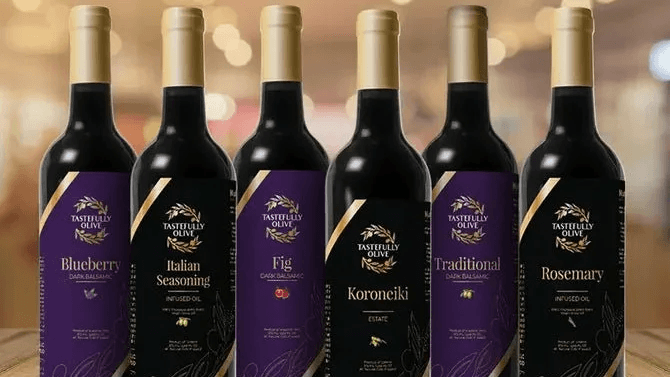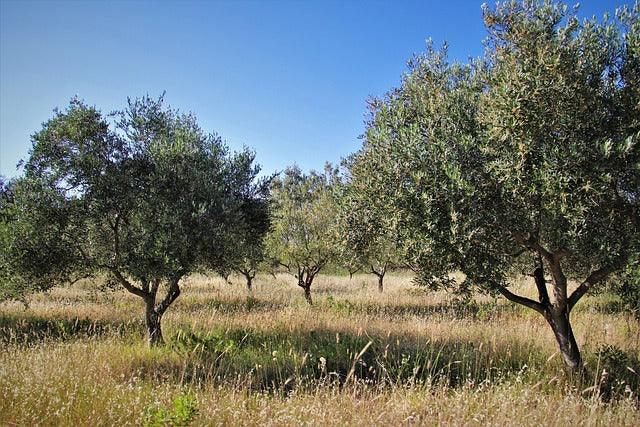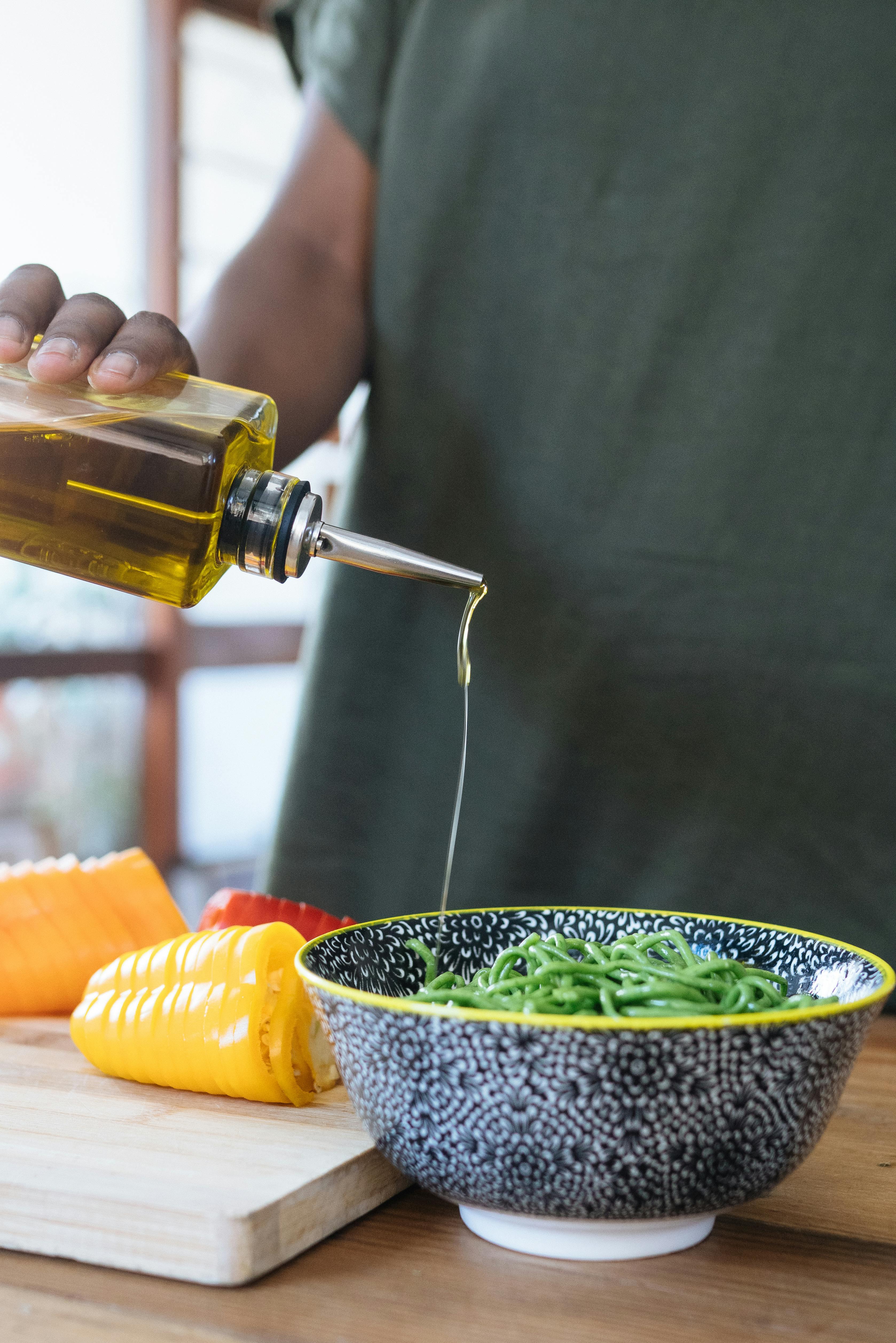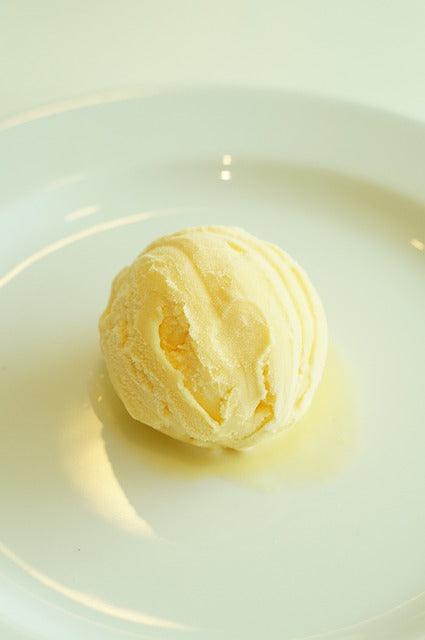Balsamic vinegar, celebrated for its rich flavor and versatility in culinary applications, is a staple in many kitchens worldwide. However, like all food products, balsamic vinegar does have a shelf life that affects its taste and quality over time. Understanding how balsamic vinegar ages can help you make the most of this cherished ingredient.
Shelf Life of Balsamic Vinegar
Balsamic vinegar is known for its longevity compared to other types of vinegar due to its production process and composition. True traditional balsamic vinegar, aged in wooden barrels for many years, can last indefinitely if stored properly. The aging process in these barrels imparts complex flavors and thick consistency, making it a prized culinary asset.
Storage Conditions
To maintain its quality, balsamic vinegar should be stored in a cool, dark place away from direct sunlight and sources of heat. This helps preserve its flavor and prevents oxidation, which can degrade its taste over time.
Changes Over Time
As balsamic vinegar ages, especially after opening, there are some changes that can occur:
Flavor Intensity:
Over time, balsamic vinegar can become more concentrated in flavor as it evaporates slightly through the bottle’s cork or cap.
Sweetness and Acidity:
The balance between sweetness and acidity may shift slightly with age, but this change is usually subtle and can sometimes enhance the vinegar’s complexity.
Sediment:
Some balsamic vinegars, particularly those that are unfiltered or minimally filtered, may develop sediment at the bottom of the bottle over time. This is natural and doesn’t necessarily indicate spoilage.
Signs of Spoilage
Despite its long shelf life, balsamic vinegar can eventually spoil under certain conditions:
Mold or Discoloration:
If you notice mold growth or significant changes in color, such as becoming cloudy or darkening excessively, the vinegar should be discarded.
Off Odors:
A strong, unpleasant odor that differs from the typical vinegar smell can indicate spoilage.
Taste Changes:
If the vinegar tastes significantly different from its usual flavor profile or develops a harsh or bitter taste, it may have gone bad.
In Conclusion
Balsamic vinegar generally does not go bad in the traditional sense due to its acidic nature and natural preservatives. Properly stored balsamic vinegar can maintain its quality and flavor for a long time, even improving with age like fine wine. However, it's essential to store it correctly and monitor its appearance, smell, and taste over time to ensure optimal enjoyment in your culinary creations. With proper care, balsamic vinegar can continue to enhance dishes and delight taste buds for years to come.
To learn more about the rich history and benefits of olive oil, check out these additional resources:
- Health Benefits of Olive Oil
- The Mediterranean Diet Guide
External Links:
- Harvard T.H. Chan School of Public Health: The Nutrition Source
- Healthline: 11 Proven Benefits of Olive Oil
These links provide valuable information and insights that can enhance your understanding and appreciation of olive oil's historical and contemporary significance.












